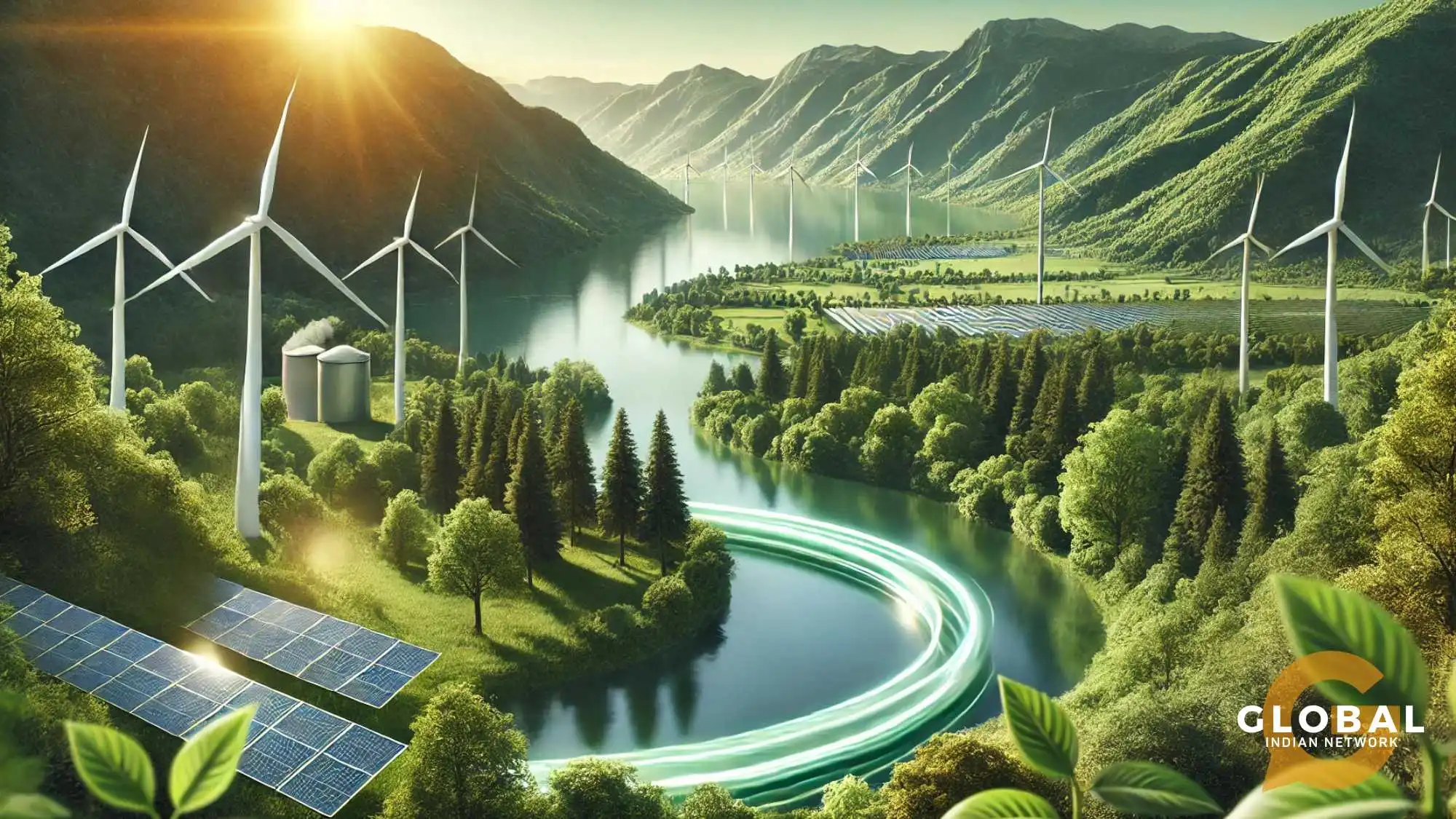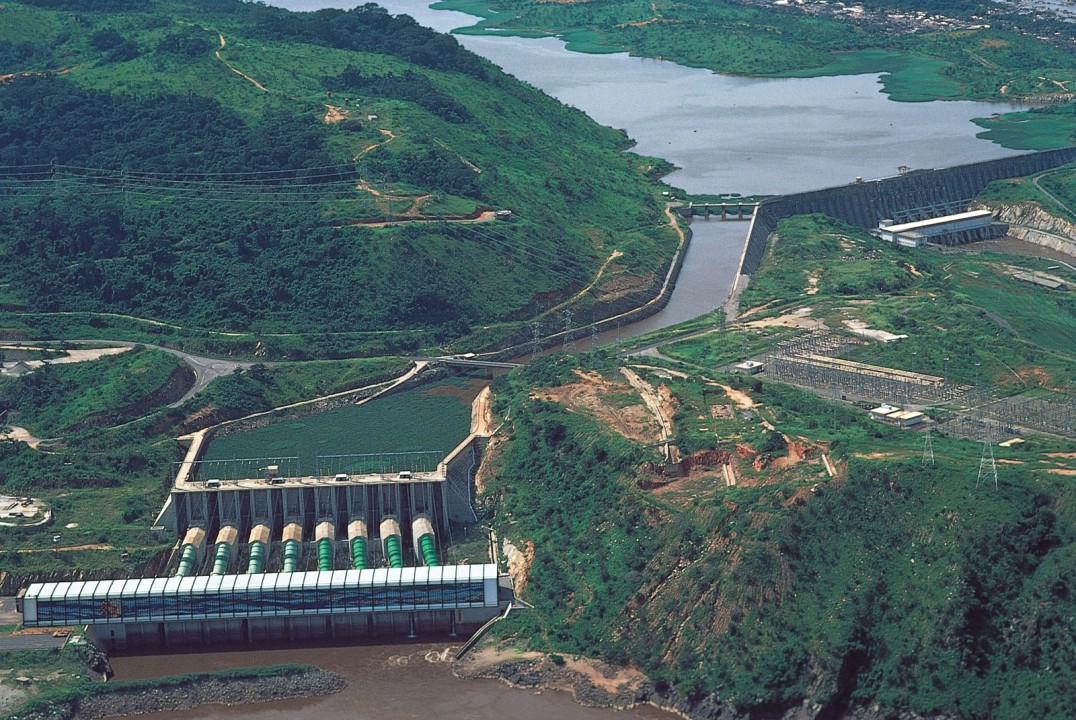Africa’s oil and gas sector remains a magnet for global investors, even as the world accelerates the transition to clean energy. With vast reserves, rising LNG demand, and major infrastructure projects underway, the continent offers both short- and medium-term returns for investors.
According to the African Development Bank (AfDB), oil and gas still account for over 40% of Africa’s exports and attract billions in foreign direct investment each year.
Africa’s Oil and Gas Investment Landscape
Africa holds around 125 billion barrels of proven crude oil reserves and 620 trillion cubic feet of natural gas. These figures make the continent central to the global energy supply chain. While renewables are expanding, the oil and gas industry is expected to remain critical in the next two decades as Africa balances growth with energy security.
“Africa’s hydrocarbon resources remain a key driver for investment, but what investors want to see now is regulatory certainty and sustainable returns,” says Akinwumi Adesina, President of the AfDB.
LNG Projects in Mozambique – Africa’s Gas Giant
Mozambique has emerged as one of the world’s hottest LNG frontiers, boasting over 100 trillion cubic feet of proven reserves in the Rovuma Basin. TotalEnergies’ $20 billion Mozambique LNG project, once fully operational, is expected to produce 13 million tonnes per annum (mtpa).
This makes Mozambique not just an African giant, but a key global LNG supplier. Despite temporary setbacks due to security concerns, analysts argue that LNG projects in Mozambique could reshape Africa’s role in the global gas trade.
“Mozambique’s LNG is a game changer; the demand outlook, especially from Asia, will keep attracting capital here,” notes Clifford Krauss, an energy analyst.
Nigeria Oil and Gas Sector
Nigeria is Africa’s largest oil producer, with reserves of 37 billion barrels of oil and 200 trillion cubic feet of gas. The country’s Petroleum Industry Act (PIA), enacted in 2021, has renewed investor confidence by providing a clearer regulatory framework.
Projects such as the $10 billion Nigeria LNG Train 7 expansion are expected to raise capacity to 30 mtpa, cementing Nigeria’s place as a global LNG exporter. However, challenges such as oil theft, infrastructure gaps, and security risks continue to affect operations.
“Nigeria’s reforms are promising, but the real test is implementation,” says Chijioke Nwaozuzu, energy policy expert at the University of Port Harcourt.
Tanzania LNG Opportunities Unlocking East Africa’s Potential
Tanzania holds 57 trillion cubic feet of natural gas, and its government is actively courting investors for a $42 billion LNG project in Lindi. The project, backed by Shell and Equinor, aims to export up to 10 mtpa of LNG.
If realized, Tanzania could become a top LNG exporter in East Africa, complementing Mozambique and diversifying regional energy revenues.
EACOP Pipeline Uganda – Infrastructure Driving Exports
Uganda is banking on the East African Crude Oil Pipeline (EACOP), a 1,443 km pipeline running from Uganda’s Lake Albert region to Tanzania’s Tanga port. Backed by TotalEnergies and the China National Offshore Oil Corporation (CNOOC), EACOP is expected to transport 216,000 barrels of oil per day once completed.
The pipeline has faced environmental and financing challenges, but Uganda insists it will unlock billions in revenue and create thousands of jobs.
Outlook – Balancing Oil, Gas, and Energy Transition
While Africa is expanding renewable energy capacity, its oil and gas resources remain central to economic growth. From LNG projects in Mozambique and Tanzania to Nigeria’s reforms and Uganda’s EACOP pipeline, the continent is attracting both traditional and transition-focused investors.
According to PwC Africa Energy Review, oil and gas investment in Africa will remain steady in the short term, with LNG leading the charge due to rising global demand.
Also read: Why Egypt Is Turning to TotalEnergies for LNG as Domestic Gas Runs Low
FAQs
- Why is Africa still attractive for oil and gas investment?
Because of its large untapped reserves, growing domestic demand, and rising LNG demand from Asia and Europe. - What are the major LNG projects in Africa?
Mozambique’s Rovuma Basin projects, Nigeria’s LNG Train 7, and Tanzania’s proposed Lindi LNG project. - What challenges does Nigeria’s oil and gas sector face?
Oil theft, security risks in the Niger Delta, aging infrastructure, and the need to fully implement the Petroleum Industry Act. - What is the significance of the EACOP pipeline in Uganda?
It is expected to unlock Uganda’s crude oil exports, creating jobs and revenue, though it faces environmental scrutiny. - How does green finance affect Africa’s oil and gas future?
As global capital shifts to cleaner energy, African countries are under pressure to balance oil and gas revenues with investments in renewable energy and sustainability.















